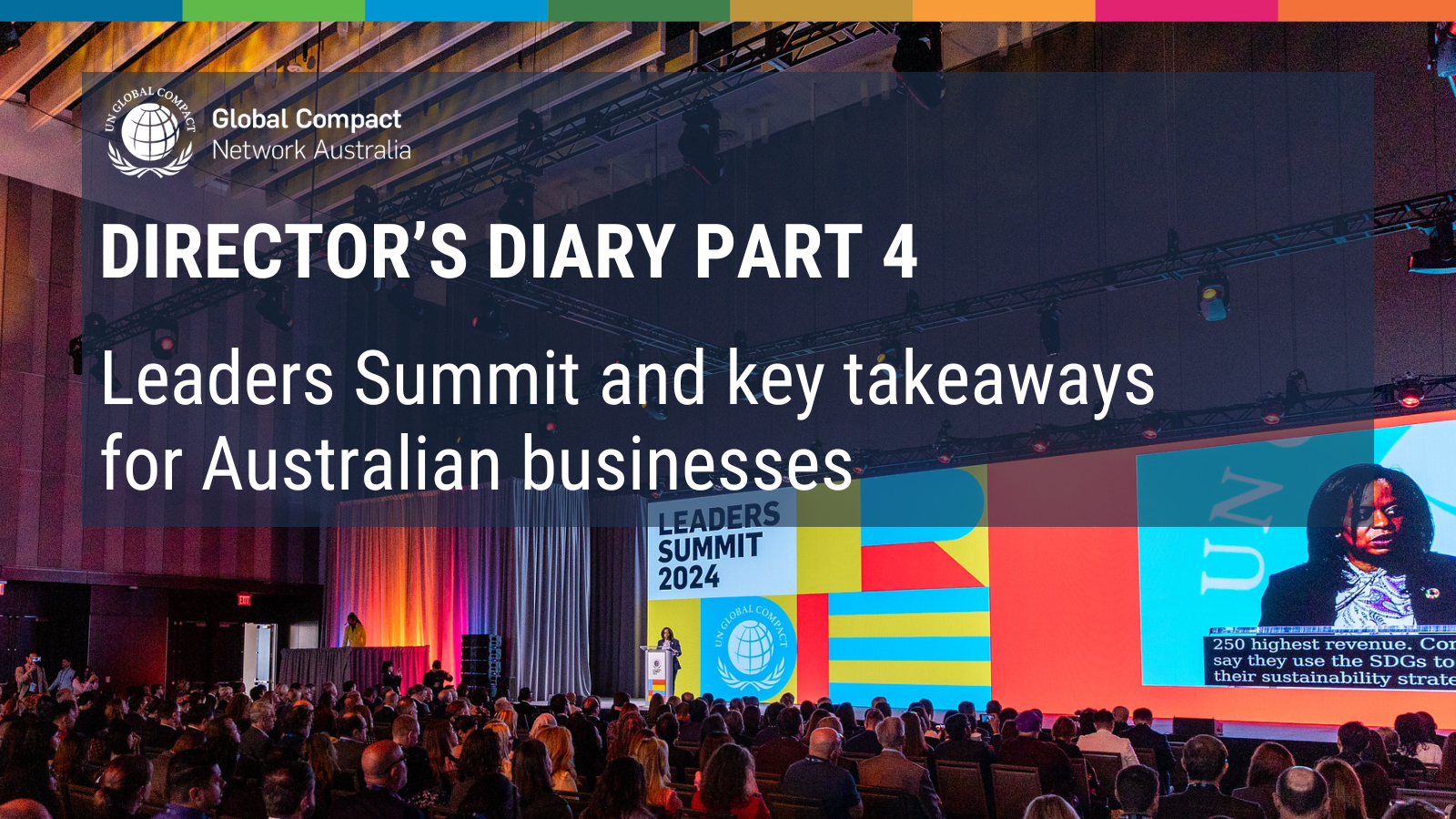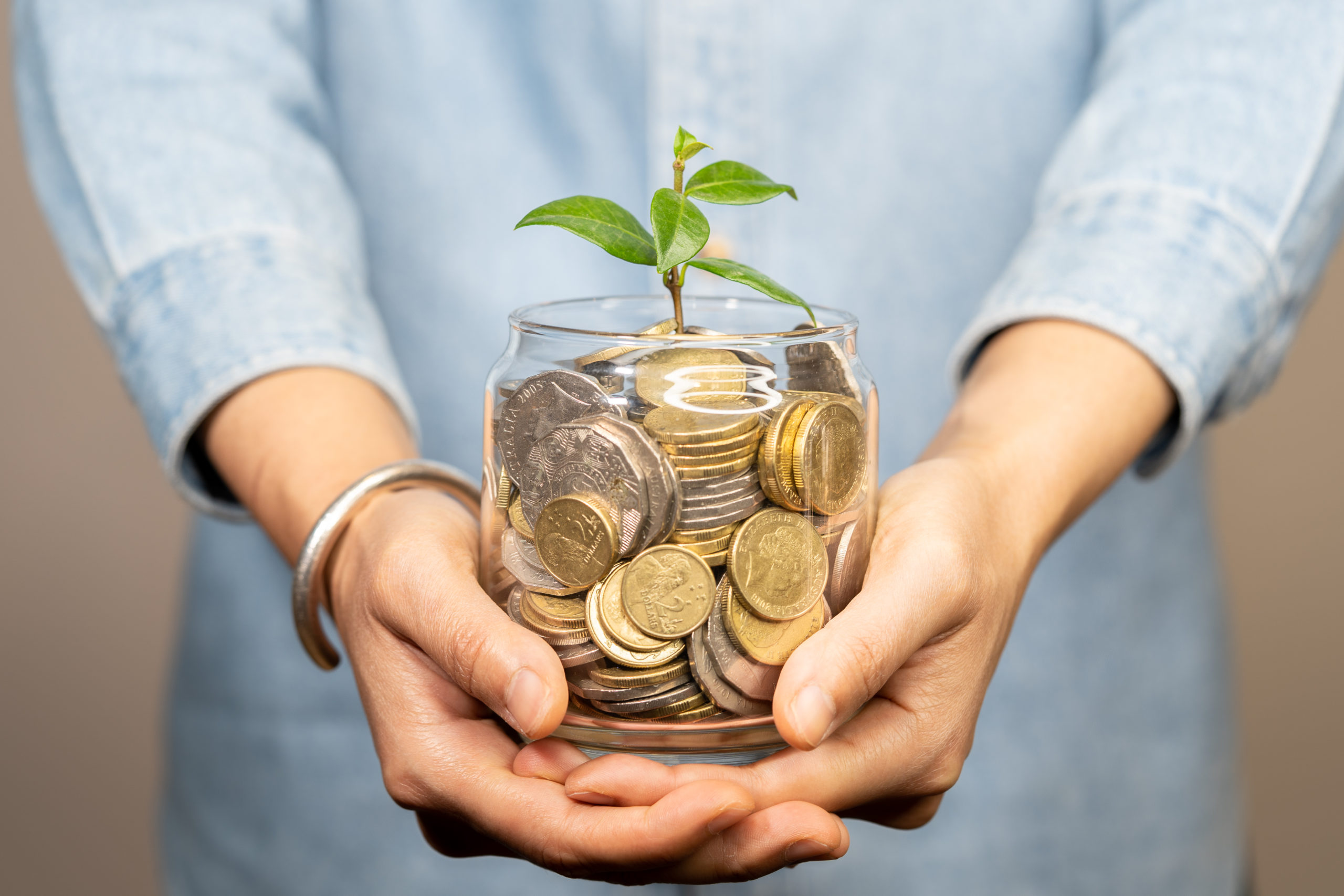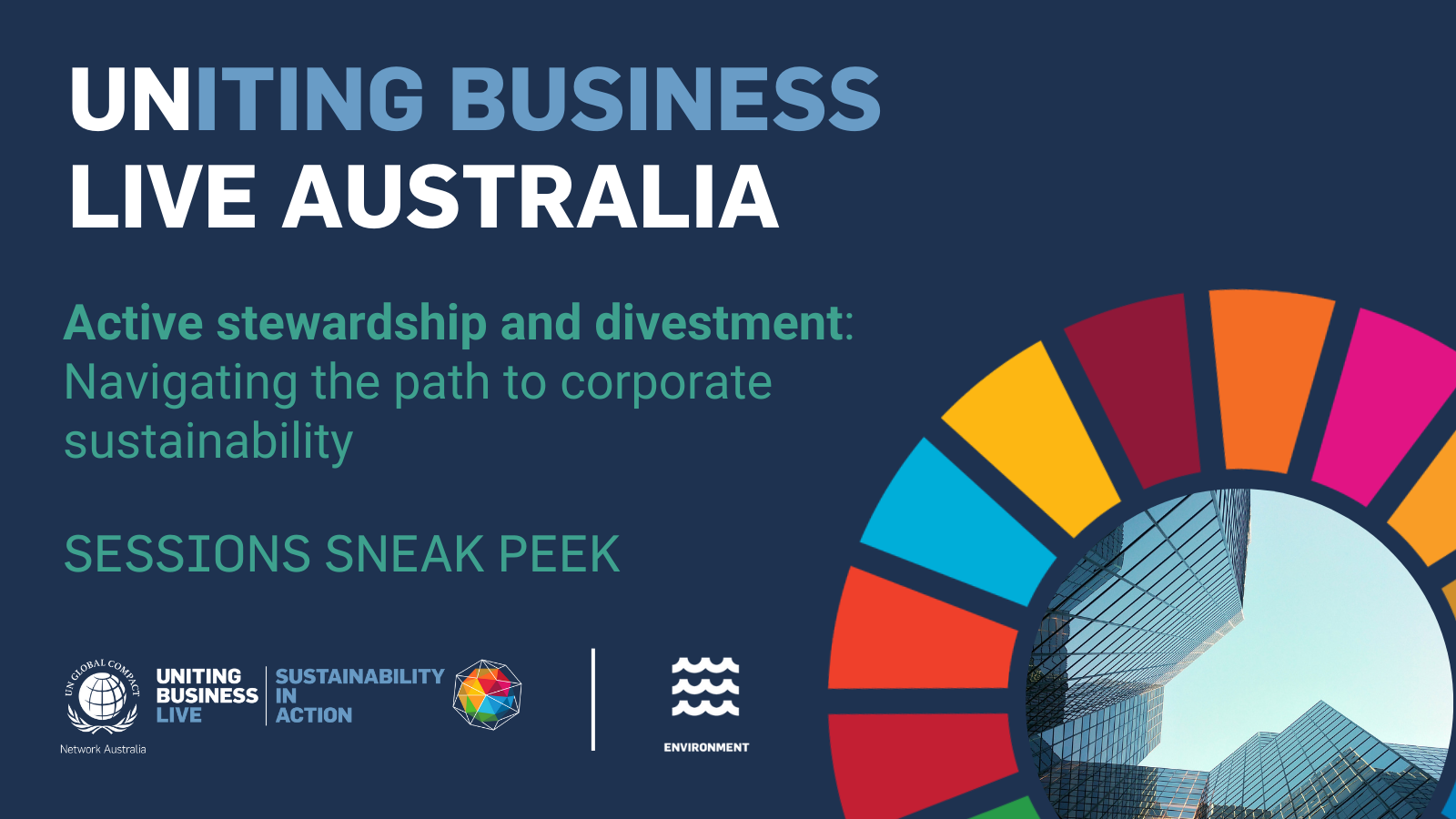
Blogs, News, Sustainable Development Goals
Director’s Diary part 4: Leaders Summit and key takeaways for Australian businesses
Kate Dundas | September 29, 2024
The Leaders Summit held on 24 September 2024 is the UN Global Compact’s annual New York conference dedicated to providing the tools, networks, knowledge and inspiration needed to scale the impact of private sector contributions to the 2030 Agenda.
The Summit offered dialogues and action focused on accelerating progress towards the Sustainable Development Goals (SDGs), and gathered over 1,000 leaders from business, government, civil society, and the UN to explore strategies for meeting the 2030 Agenda through responsible business practices, innovation, and partnerships.
Session highlights included:
- “The Technology Supercycle and its Promise for our Shared Future” led by Amy Webb, Founder of Future Today Institute, exploring the role of emerging technologies like AI in driving sustainable development.
- “Accelerating Towards 2030” with Don Cheadle, UN Environment Programme Goodwill Ambassador, emphasising how communities most affected by global challenges must lead the solutions.
- Rights & Bytes: Frontiers of AI and Human Rights, which discussed corporate responsibility in the age of AI.
- The Do’s and Don’ts of Sustainable Supply Chains, addressing the best practices for responsible sourcing and environmental stewardship in global supply chains.
- Gender Equality by Design, offering practical tools and strategies for businesses to achieve equity and inclusion goals.
- Corporate Investments for Climate Ambitions, highlighting how companies can align their financial strategies with bold climate actions.
Our key takeaways for Australian businesses are:
- Australian businesses are not alone with their challenges—From engaging with other Country Network Executive Directors across the course of the Summit, it is clear that many of the challenges faced by Australian businesses at the forefront of their sustainability ambitions are also universal challenges. Themes such as reporting and data collection challenges were discussed by many other Country Networks, primarily those in Europe, and provide us with a global platform to strive to realise efficiencies and learn from other organisations all across the globe as we try to navigate these challenges simultaneously
- Ani Dasgupta, CEO of WRI, emphasised the urgent need for systems-level transformation as we approach the 10th anniversary of the Paris Agreement in 2025. The global stocktake reveals we’re far from meeting climate goals, and the cost of inaction is steep. For instance, India faces climate-related costs of 4-5% of GDP, impacting its $3.6 trillion economy.
- To move forward, it’s not just about decarbonising—we must redesign our economy away from fossil fuels. Transforming three critical systems—energy, food, and cities—is essential, but this change must be socially and politically viable, benefiting communities.
- Most of the global economy is driven by private enterprise, so businesses must adapt their production and procurement processes. Governments play a crucial role through policies that guide these transformations. The next Nationally Determined Contributions (NDCs) must include sector-specific, long-term strategies, supported by predictable policies that give businesses the certainty they need to plan and act.
- Dasgupta calls for a transformational partnership between business and government, similar to how we tackled the COVID-19 pandemic. The right policies can act as industrial policies, driving the green economy forward. Businesses that fail to adapt risk losing investment.
- International institutions, such as the UN, remain vital tools for sustainable change, even in challenging times. The UN Global Compact, originally Kofi Annan’s vision, continues to shift the narrative, helping individual businesses make impactful changes.
- At companies like Schneider Electric, ESG values are integrated with financial goals, attracting talent and aligning their purpose with sustainability. The United Nations Global Compact creates a global coalition of companies that showcases the power of collaboration, with ESG viewed as teamwork, driving the transformation needed for a sustainable future.
- To close, Sanda Ojiambo, Assistant Secretary-General and CEO, United Nations Global Compact, highlighted her key takeaways from the day, with her keywords being “action, action, action, but also scale, scope and speed.” We need to put our efforts where they will have the most impact and results, and it is clear that this cannot be done alone. Sanda called for companies to bring their supply chains along with them, and called for the broader private sector to work in collaboration with governments and civil society. Sanda Ojiambo, Assistant Secretary-General and CEO, United Nations Global Compact will be joining us in-person in Sydney this October and delivering a keynote at UNiting Business LIVE Australia.
Our Executive Director Kate Dundas is attending the 79th session of the United Nations General Assembly 🌍
During her 10-day trip to New York, Kate will participate in a variety of engaging events, from the Summit of the Future and Leaders Summit to roundtables and sessions focused on progressing the SDGs.
Don’t miss out on her Director’s Diary Series – live from New York to your inbox and social media feeds!



